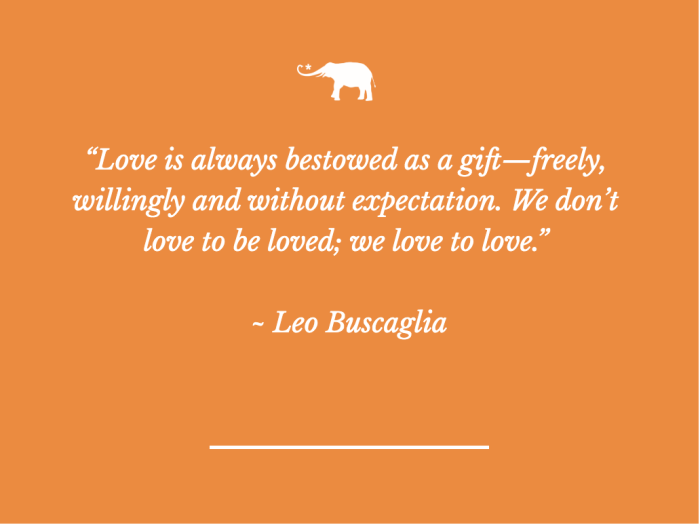View this post on Instagram
If I were to make a special day for sweethearts, lovers, whatever word you call people who, you know, copulate, I would do it in December.
After all, more babies are born in September than other months, and if you do the backward math and consider the biology, that means December had a lot more baby-making activity than other months.
But no, this God forsaken holiday for lovers is forever tied to February 14, the cash cow day for florists, chocolate makers, and Hallmark. It is also the worst night to go out to dinner.
Why do we celebrate love? I mean, come on. We celebrate the weather; we celebrate independence. We celebrate our troops, our mothers and fathers, and our religious holidays. But love? Why do we have a day to celebrate this?
I’m going to blame the Catholics, and their Saint Valentine, for starters. Tradition states that Valentine was a priest and follower of Christ who was beheaded by the Roman emperor Claudius II (aka Claudius the Cruel), at a time when emperors beheaded Christians for sport.
Legend has it that Valentine continued to marry Christian couples when it was forbidden by Rome, and he was executed for it. He had left a farewell note for the jailer’s daughter who had become his friend, and he signed it, “From your Valentine.”
In keeping with the Catholic tradition of keeping relics, St. Valentine’s skull remains on display at the Basilica di Santa Maria in Cosmedin, Rome, forever encased and adorned by a crown of flowers to this day. For real.
Of course, a more plausible explanation for our holiday may be linked to a Chaucer poem written in 1375 called Parliament of Foules. Prior to this, there was no formally celebrated Valentine’s day. He wrote (in old English, which I tried to translate):
For this was on St Valentine’s Day
When every bird cometh there to choose his mate
Under a tree, beside a well, I saw
Cupid our lord his arrows forge and file.
And at his feet his bow already lay.
So yeah, a poem may have rightly started the holiday. Poems are often linked with lovers. However, in place of this Chaucer, I might recommend a good erotic Pablo Neruda poem for your love, if you are looking to send something to your Valentine. (Much better stuff.)
I can’t help but wonder about the chemistry of love. I mean, love is this sort of invaluable, intangible that feels completely and concretely real when you have it and almost unattainable when you don’t.
It’s the thing that can move mountains, is patient and kind, it does not envy or boast, it always hopes, always perseveres, and never fails. It can make one man weep and another man sing. I could go on and on, quoting scripture, music, poetry.
Love is the fodder for the greatest of human experience, weaving through music, plays, books, and history. It changes people, politics, and culture. But what, exactly, is the biology behind all of it?
There’s this process of finding a lovely mate who entails such things as lust, attraction, and attachment. This messy, intertwined trifold process is driven by hormones created from our reproductive systems and our brain, especially the emotional center called the hypothalamus.
It’s not surprising that testosterone (and estrogen a bit) drive lust, but it is interesting that both men and women make both hormones. Dopamine and norepinephrine are released from the brain when we feel attraction, leading to a feeling of exhilaration, decreased appetite, and insomnia.
These are the same pathways that are triggered with being rewarded when we do something well, explaining why we feel euphoria with new love. The process effectively shuts off our prefrontal cortex (thinking brain), leaving us hopelessly and ridiculously in love, instead of in the present moment, which might require more rational thought.
Have you ever been so in love that you couldn’t keep your brain focused on an important conversation, assignment, or project? It happens, and I blame the dopamine. Oxytocin is our attachment hormone. It is produced by the hypothalamus and is released during breastfeeding, childbirth, and cohabitating.
These are all precursors to bonding, and it is important that the bonding hormone is different from the lust and attraction hormone because, as you can imagine, one must bond both with our children and our love, but must keep the two separate, hence a separate hormone called oxytocin.
As much as I have historically hated Valentine’s day, I sure do enjoy love thinking about it. The whole process has a mystique that transcends history and penetrates almost every human’s experience.
In the words of my very favorite love scholar, Leo Buscaglia, I do believe this:
“Love is always bestowed as a gift—freely, willingly and without expectation. We don’t love to be loved; we love to love.”
Happy Valentine’s day, all.
~






Read 0 comments and reply